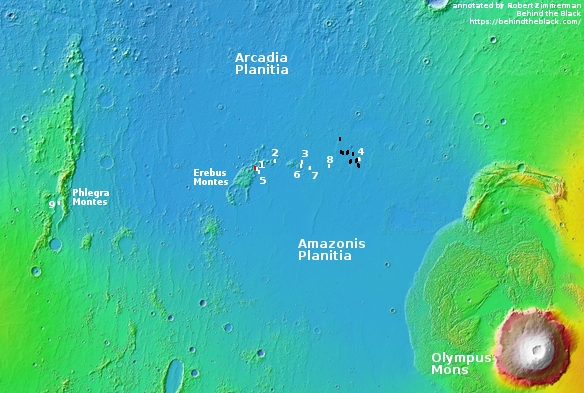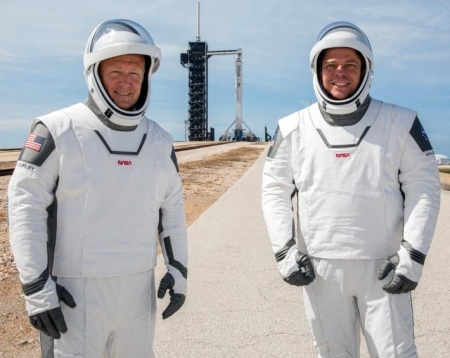Live feed of tonight’s SpaceX Falcon 9 Starlink launch
UPDATE: A successfully launch, with a successful landing of the first stage, the fifth time this particular stage has completed a mission.
10 China
8 SpaceX
7 Russia
3 ULA
The U.S. now leads China 13 to 10 in the national rankings.
Original post:
——————————
Since there was such a positive response to the embedded live feed of SpaceX’s first manned Dragon launch a few days go, I’ve decided to embed below the live feed of their next launch tonight of 60 Starlink satellites. The launch is set for 9:25 pm (Eastern), with the live feed starting fifteen minutes before that.
Enjoy. Watching that first stage land never gets old.
UPDATE: A successfully launch, with a successful landing of the first stage, the fifth time this particular stage has completed a mission.
10 China
8 SpaceX
7 Russia
3 ULA
The U.S. now leads China 13 to 10 in the national rankings.
Original post:
——————————
Since there was such a positive response to the embedded live feed of SpaceX’s first manned Dragon launch a few days go, I’ve decided to embed below the live feed of their next launch tonight of 60 Starlink satellites. The launch is set for 9:25 pm (Eastern), with the live feed starting fifteen minutes before that.
Enjoy. Watching that first stage land never gets old.



